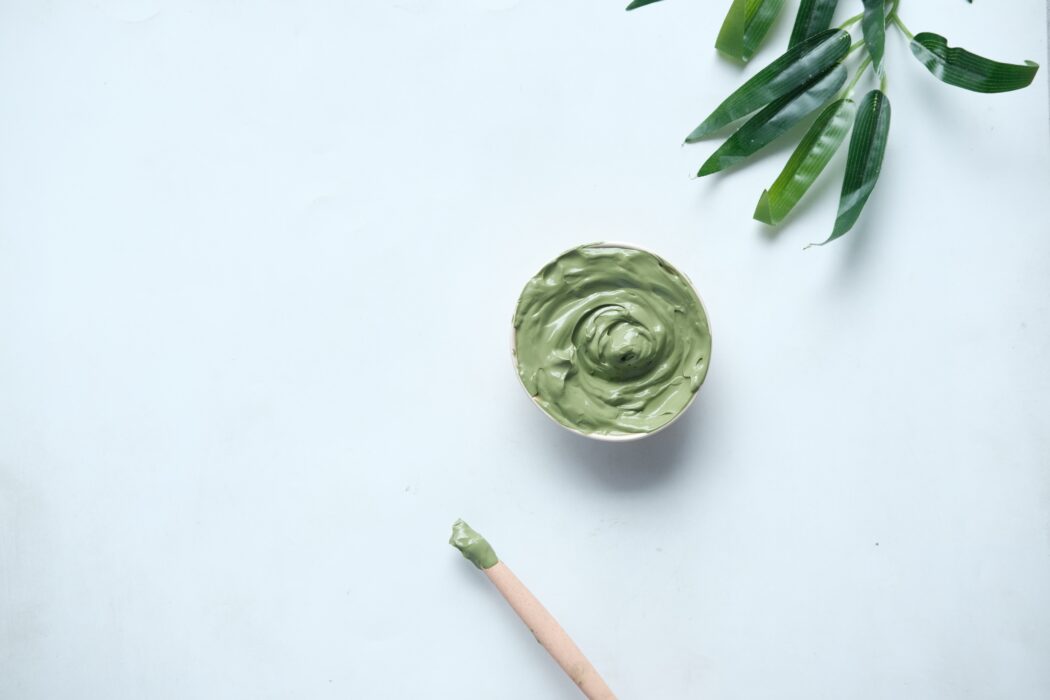By now, we’ve all encountered Gwyneth Paltrow’s unorthodox lifestyle. The actress most recently sparked outrage on the internet for her sparse diet consisting of a morning coffee, bone broth for lunch, and an early Paleo dinner. Yet, Paltrow is no stranger to controversy, having infamously ushered in the celebrity “wellness” craze with the launch of her lifestyle company, Goop, in 2008. The company’s website disseminates predominantly pseudo-scientific health advice through blog entries while simultaneously selling various high-priced items ranging from fashion, beauty, and home decor to wellness goods that reflect Paltrow’s lifestyle. Notwithstanding its critics, Goop has grossed a market value of $250 million USD, setting a successful precedent for celebrities entering the wellness industry. Kourtney Kardashian’s company Poosh has notably mirrored Goop’s blog-like structure, while her latest business endeavor, Lemme, retails vitamins deemed ineffective by experts. The prosperity of these celebrity enterprises begs the question of why so many of us have become mindless consumers of the bogus wellness machine they promote.
As a pioneer of our contemporary wellness craze, Paltrow has undoubtedly spread a whole load of “goop” concerning what genuinely benefits our health.
Goop’s success has been underlined by its appeal to women, specifically addressing concerns about the female body, sexuality, and pleasure, which are generally dismissed as taboo or trivialized by a male-dominated health industry. Paltrow has successfully integrated these discourses into the mainstream by extending her brand to Netflix shows such as The Goop Lab With Gwyneth Paltrow (2020) and Sex, Love & Goop (2021). The Goop Lab has especially been praised for its third episode, which involved radically open discussions on female masturbation, with sex guru Betty Dodson familiarizing Paltrow with the anatomy of the female body. The two women concluded that having access to such knowledge is powerful. In this scenario, Paltrow’s voice is an inspiring force that women can consult as a trustworthy guide when seeking information about their bodies, a topic that is typically restricted in public discourse.
Our idolization of celebrities often risks rendering us easily susceptible to their propositions and prone to rationalizing the fallacies they breed.
This relationship built on trust can, however, be heavily abused given Paltrow’s celebrity status. The actress has been a renowned contributor to pseudo-science by propagating her views and practices as fact despite lacking scientific validity. The threat these assertions pose is exacerbated by her widespread societal influence; she has been praised as an emblem of beauty, health, and prosperity that we should strive for. Our idolization of celebrities often risks rendering us easily susceptible to their propositions and prone to rationalizing the fallacies they breed.
Goop’s controversial promotion and sale of vaginal eggs exposed the toxic relationship between the brand and its claims of female empowerment. The daily insertion of these jade and rose quartz stones was marketed as beneficial for vaginal health and the “cultivation of sexual and feminine energy.” These eggs instantly sold out. However, Goop’s assertions were ultimately discredited as unsubstantiated, with the company paying $145,000 USD in settlement fees following a lawsuit with the Orange County district attorney. Gynecologists also contributed to criticizing Goop’s product. They defined jade as porous; therefore, leaving it inside one’s vagina for long periods of time could trigger bacterial infections that are detrimental to women’s health.
Physical appearance is central to the careers of public figures, as they devote considerable time and resources to treatments that ensure their exceptionality in contrast to the general public. Paltrow reportedly spends $3,910 USD on her beauty routine regimen, which includes weekly oxygen facials, anti-aging Thermage treatments to improve skin texture and elasticity, and £500, three-hour IV treatments. Goop’s popularity has, nonetheless, been underscored by its perverse attempt at dismantling the exclusivity attributed to celebrity wellness through its “unveiling” of Paltrow’s secrets. Yet, the products the company defines as fundamental to Paltrow’s health and vitality are sold at exorbitant costs, epitomizing elitism. Most notably, Goop retails eye creams costing up to $220 USD, vitamins for $90 USD, and its jade egg for $66 USD. Consumers are thus deluded by Paltrow’s unparalleled transparency and are roused to purchase these pricy goods in hopes of elevating their wellness status to reflect the actress’ privileges.
The scandals that Paltrow and the celebrity wellness industry stir up continue to put money in their pockets, while we, the customers, are left empty-handed as victims of the bogus promises of magical vitamins and jade vagina stones.
The launch of Goop’s podcast in 2018 has exacerbated the brand’s legitimacy among viewers while retaining its elitism with the incorporation of additional celebrity wellness testimonials, ranging from TV stars to CEOs. Because these guests frequently recall personal anecdotes that have affected their lives, their suggestions cannot be instantly nullified. However, it appears that these celebrities are oblivious to their vast influence and its consequences. Paltrow’s reaction to her “bone broth” scandal exemplified this ignorance. She defended herself by stating that the “transparent” conversation was “not meant to be advice for anybody else,” instead it is “what has worked for [her].” Dieticians have admitted that accessing Paltrow’s diet is challenging, considering “diets are very personal [and] no diet is one size fits all.” However, it is easy to see how Paltrow’s words can be internalized as advice. After all, the conversation was publicly uploaded and altered to fit a short-form video that sacrifices the context of the whole story for the sake of virality.
As a pioneer of our contemporary wellness craze, Paltrow has undoubtedly spread a whole load of “goop” concerning what genuinely benefits our health. Her company’s elitism has disregarded the necessity for science, as Paltrow’s fame and the respectability that comes with it have been sufficient to ensure Goop’s success despite the fallacies it promotes. The scandals that Paltrow and the celebrity wellness industry stir up continue to put money in their pockets, while we, the customers, are left empty-handed as victims of the bogus promises of magical vitamins and jade vagina stones.








